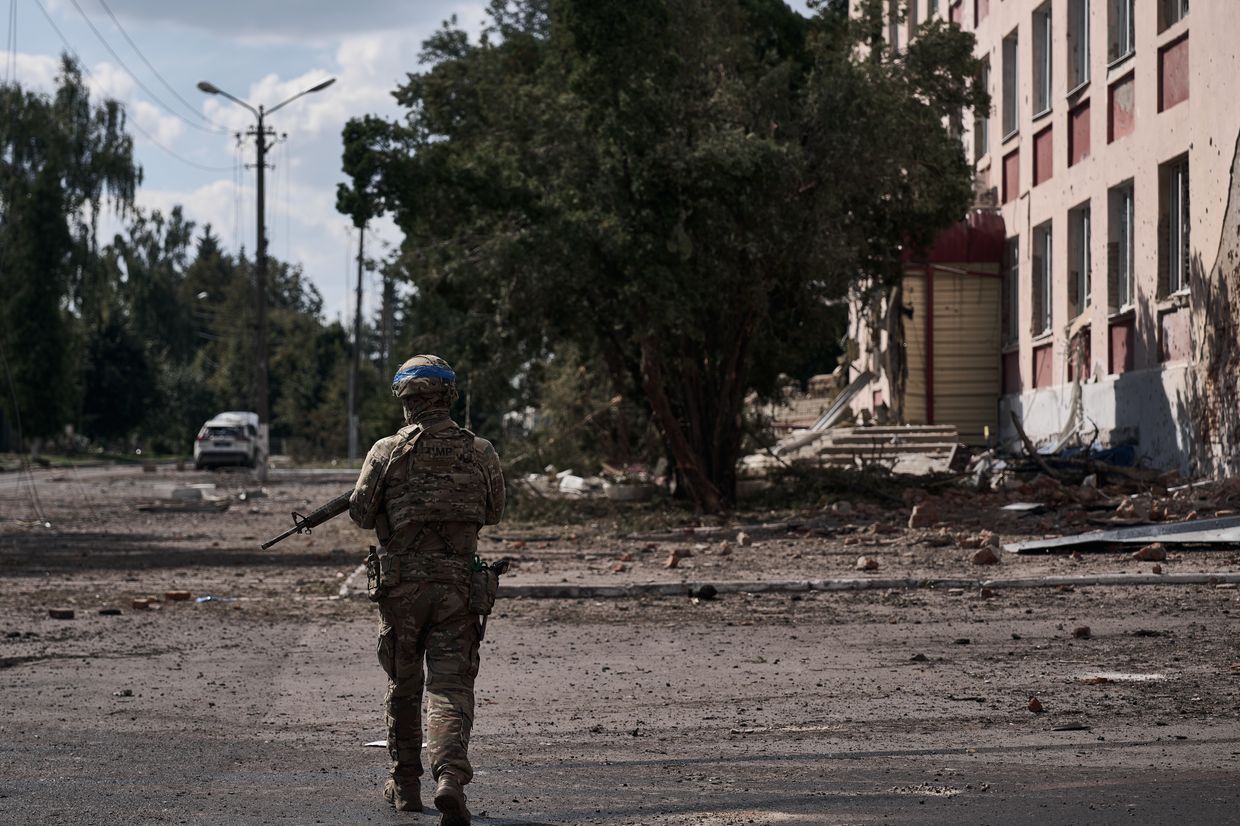Europe-bound Chinese rail shipments through Russia plummet due to transit restrictions

Russian restrictions and the seizure of dual-use goods have caused Europe-bound rail shipments from China via Russia to plunge, The South China Morning Post (SCMP) reported on March 11.
Russian authorities in October banned the transit of dual-use military and civilian goods to Europe via its territory. The restrictions apply to a range of goods that could potentially aid Ukraine in its fight against Russia's full-scale war.
Since the ban, rail cargo volumes through Russia from China have been declining for months as Chinese logistics companies lose confidence in the trade route, industry players told SCMP.
"We have not dared to ship (goods through Russian rail routes) since November," Andrew Jiang, general manager of Shanghai freight forwarding company Air Sea Transport, said.
Russia's new restrictions have caused Chinese rail shipments to be sent to Europe via alternative routes that bypass Russia. These include routes through Central Asian countries, such as Kazakhstan.
Many Chinese freight companies learned about the restrictions weeks after their implementation. This has caused thousands of containers to be seized by Russian authorities.
Moscow's restrictions allow Russian authorities to seize and keep hard-to-get Western-sanctioned goods. These items can then be used to manufacture weapons for the war against Ukraine.
Russian authorities have confiscated large amounts of equipment that on the surface appear to be harmless, such as welding materials, metal fasteners, and airplane parts, importers of Chinese goods in Russia told the Moscow Times.
Russian importers now face difficulty obtaining goods from Chinese suppliers due to a lack of confidence in Russian freight routes.
China has become Russia's key economic partner, supplying Moscow with critical dual-use goods as sanctions have increasingly isolated the country from the global market. Russia has come to rely heavily on China since the launch of the full-scale invasion of Ukraine in 2022.











